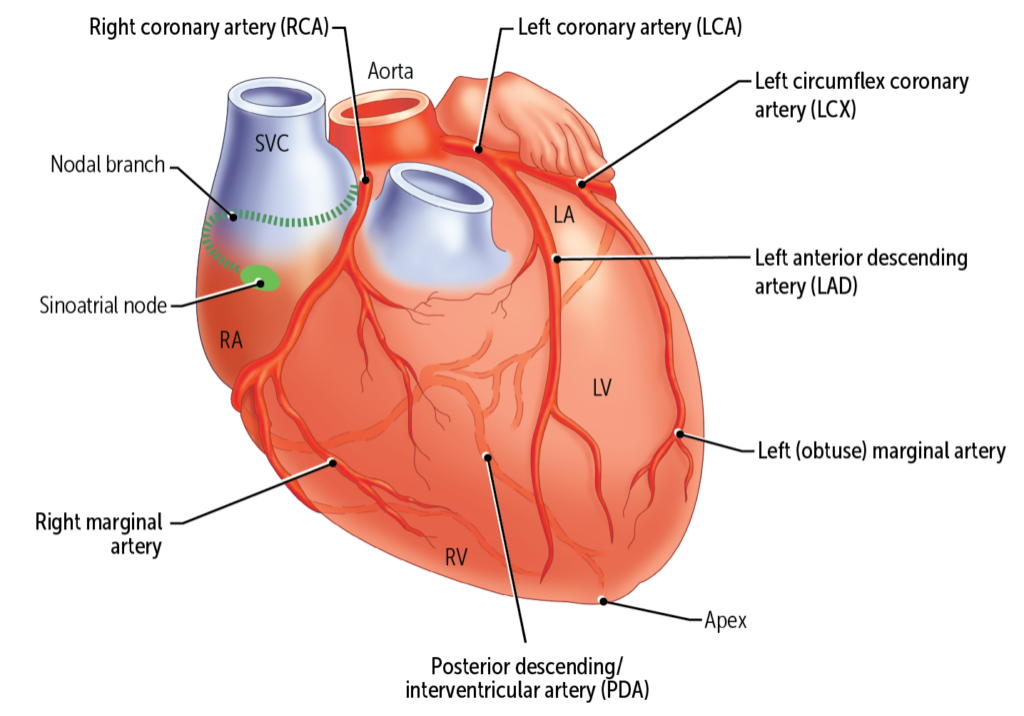In the fed state, glucose is used by almost all the cells in the body to generate energy. But even when we are not fueling it with food, our bodies still run well, such as during sleep. Gluconeogenesis is the process of synthesizing glucose from noncarbohydrate precursors. The major substrates (substances that enzymes act on) are the glucogenic amino acids, lactate, glycerol, and propionate. The liver and kidneys are the major sites where gluconeogenesis occurs; the kidneys may contribute up to 40% of total glucose synthesis in the fasting state and more in starvation.
After listening to this AudioBrick, you should be able to:
- Describe gluconeogenesis and the compounds that can and cannot serve as glucose precursors in mammals.
- Explain the gluconeogenesis pathway.
- Describe ways in which gluconeogenesis and glycolysis are reciprocally regulated.
If you haven’t subscribed to the Rx Bricks Podcast, we suggest you do it today!
Head to the homepage for the Rx Bricks Podcast to hear the full episode and subscribe so that you’re notified when the next one drops.




